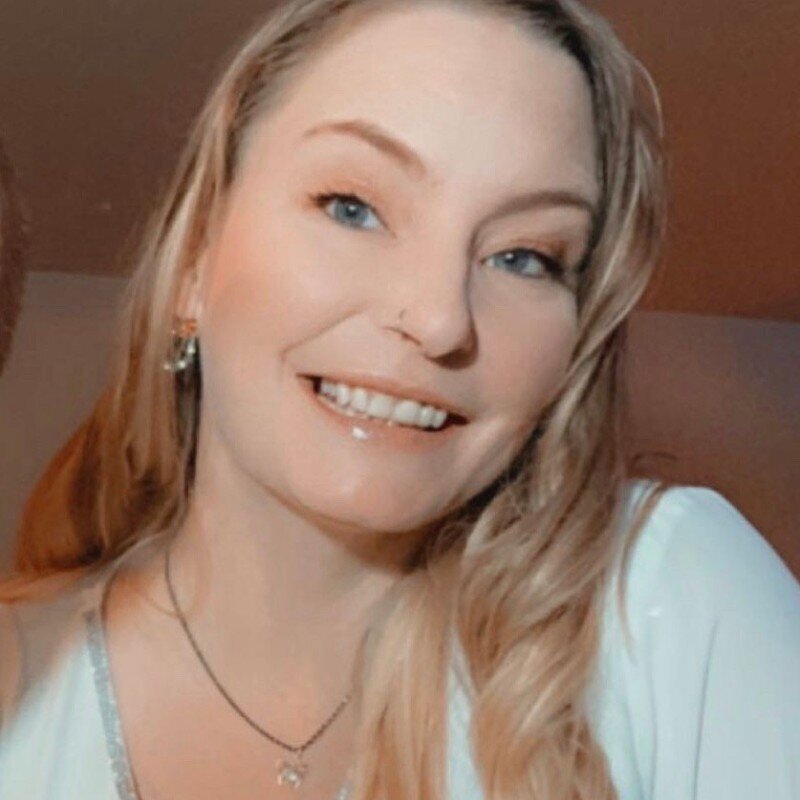On January 23, 2021, we gathered via Zoom to celebrate the launch our workbook, Fuel Your Brain, Not Your Anxiety (published by New Harbinger). We invited three guest speaker to share how they have been using the information in our book in their work.
Dr. Jane Tornatore
This video highlights guest speaker Dr. Jane Tornatore, speaking about the connections between our workbook and her work as a therapist. Learn more about Dr. Jane Tornatore at DoctorTornatore.com
DR. JANE TORNATORE (11:56)
Andrea St. Clair
This video highlights guest speaker Andrea St. Clair, speaking about the connections between our workbook and her work as an addiction specialist at A Positive Alternative in Seattle, WA. Learn more about Andrea St. Clair and A Positive Alternative at APositiveAlternative.com
ANDREA ST. CLAIR (7:11)
Ambrosia Eberhardt
This video highlights guest speaker Ambrosia Eberhardt, speaking about the connections between our workbook and her work as a parent ally in Spokane, WA. Learn more about parent allies, the Parents for Parents program and Protein for All, at ProteinForAll.org
AMBROSIA EBERHARDT (19:52)











